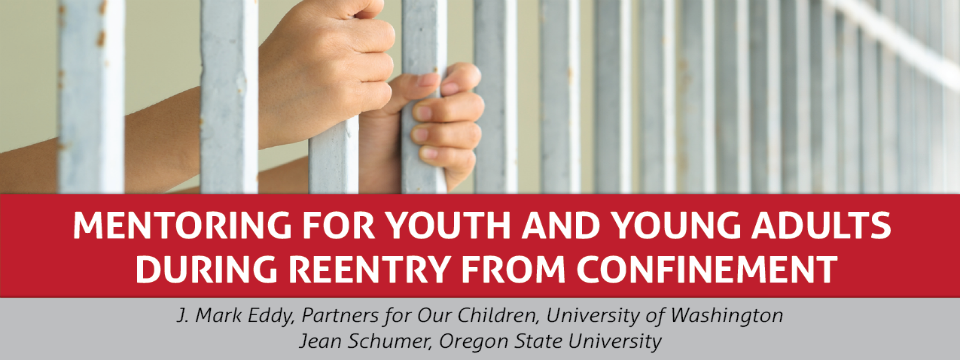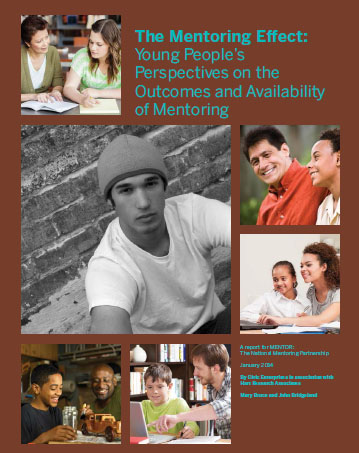Two new studies explore how teens decide when to disclose to parents
 Editor’s note: Two new studies explore the topic teen disclosure to their parents. The implications for mentors are clear. Mentors need to consider the role of culture, autonomy, and the context that give rise to spontaneous disclosure
Editor’s note: Two new studies explore the topic teen disclosure to their parents. The implications for mentors are clear. Mentors need to consider the role of culture, autonomy, and the context that give rise to spontaneous disclosure
Yau, J. (2015). Adolescent nondisclosure in cultural context: Voices of Chinese American adolescents and parents. Journal of Adolescent Research.
Background
Chinese American adolescents have been found to self-disclose less often than other ethnic minority groups, meaning they are more likely to withhold information from their parents about their daily activities, thoughts, and feelings. In this study, Yau interviewed 16 second-generation Chinese American adolescents to understand their reasons for non-disclosure and the cultural context.
Findings
- Most Chinese-American adolescents in the sample regularly withheld information from their parents as a strategy to achieve autonomy while maintaining harmony with their parents’ traditional Chinese values.
- Non-disclosure had negative effects on adolescents’ psychological wellbeing for those who identified the least with Chinese values (eg. delay of dating, pressure on academic achievement).
Implications
Chinese American adolescents are more likely to self-disclose to parents who are open to more self-expression than to parents who strictly emphasize compliance.
Instead of focusing on the future, parents should shift their focus to adolescents’ current interests, accommodating the adolescents’ perspective to create a more open relationship.
******
Kearney, J. & Bussey, K. (2014). The longitudinal influence of self-efficacy, communication, and parenting on spontaneous adolescent disclosure. Journal of Research on Adolescence, 25(3), 506-523.
Background
Spontaneous self-disclosure from teens to parents is strongly associated with adjustment. The more adolescents voluntarily disclose their thoughts, feelings, and activities to their parents, the better their psychological health. Much research has focused on adolescents’ spontaneous sharing of personal information with their parents, in order to identify factors that may facilitate this openness.
Findings
This study found that over time, the most important factors in adolescents’ disclosure to parents were:
- how openly they felt they could communicate with their parents and
- how confident they were in initiating conversations.
These factors outweighed other highly studied factors such as the parents’ warmth and authoritativeness. These findings support the view that “adolescents play an active role in their own development.”
Implications
According to Kearney and Bussey, these findings “highlight the importance of creating an interactive family climate which fosters openness in communication in eliciting disclosure from teens.”
In order for parents (and presumably mentors) to cultivate a relationship in which teens are open and honest, rather than merely displaying warmth, the parents should actively foster and encourage their teens’ confidence in disclosing difficult personal information, as well as work on establishing openness in the relationship.










